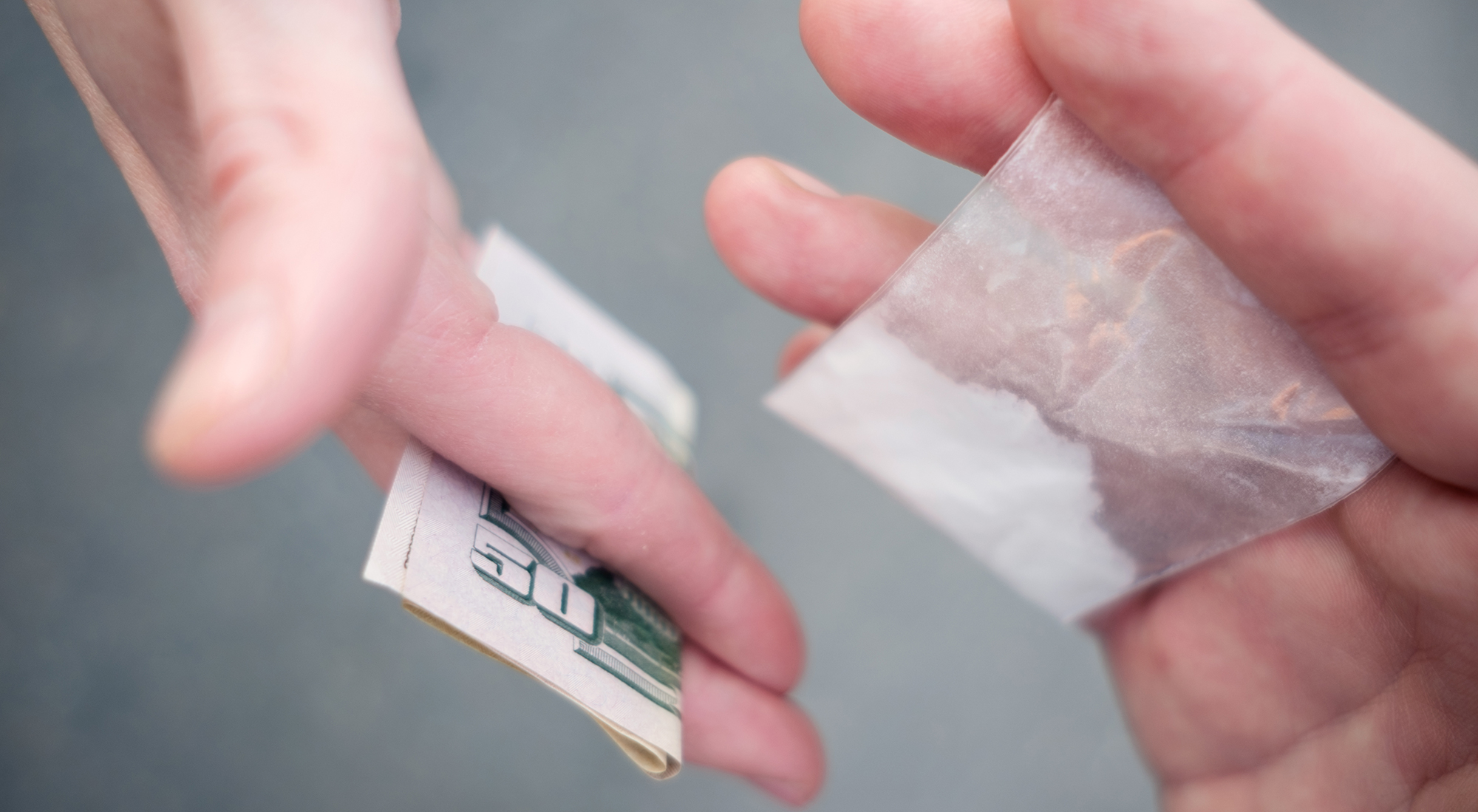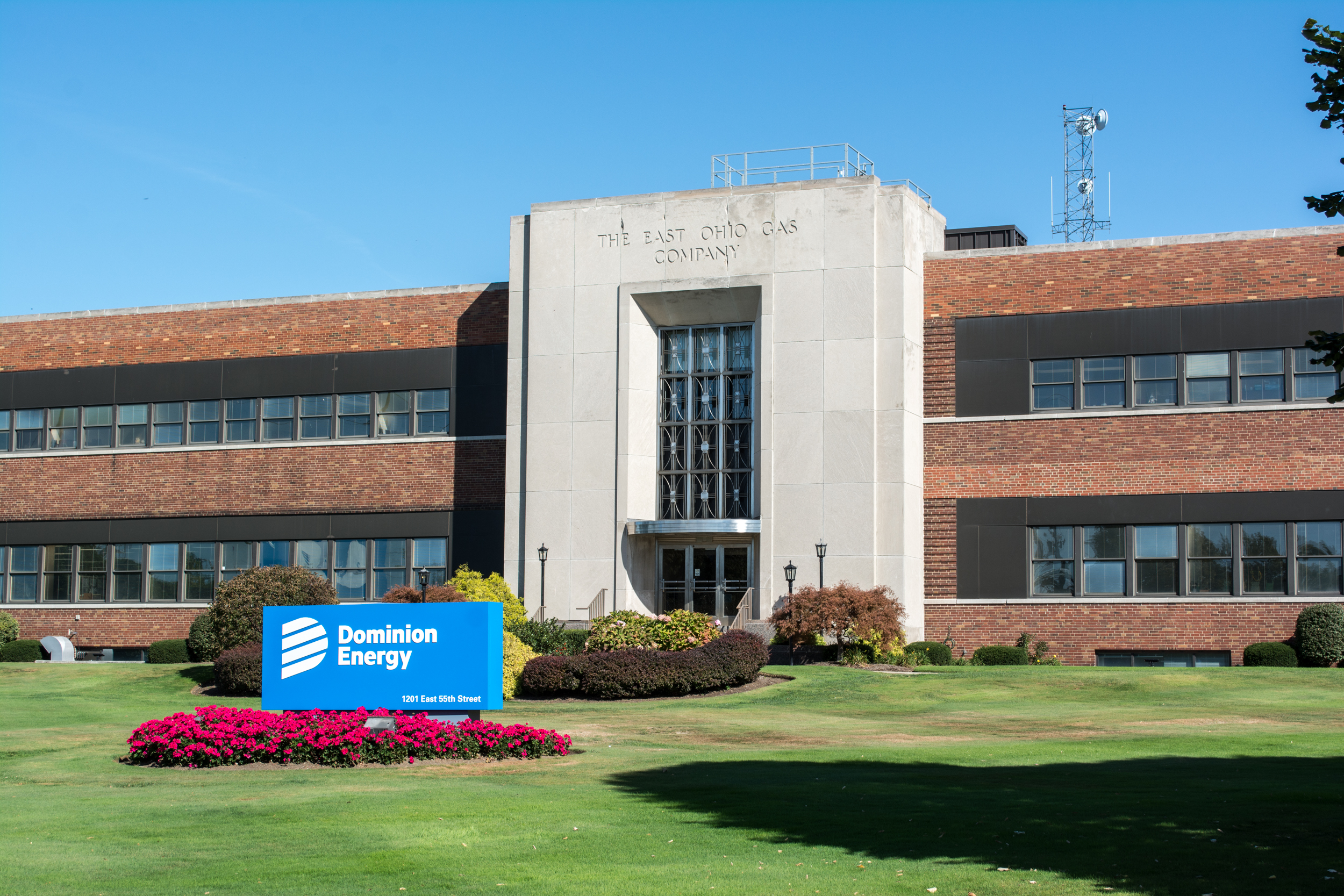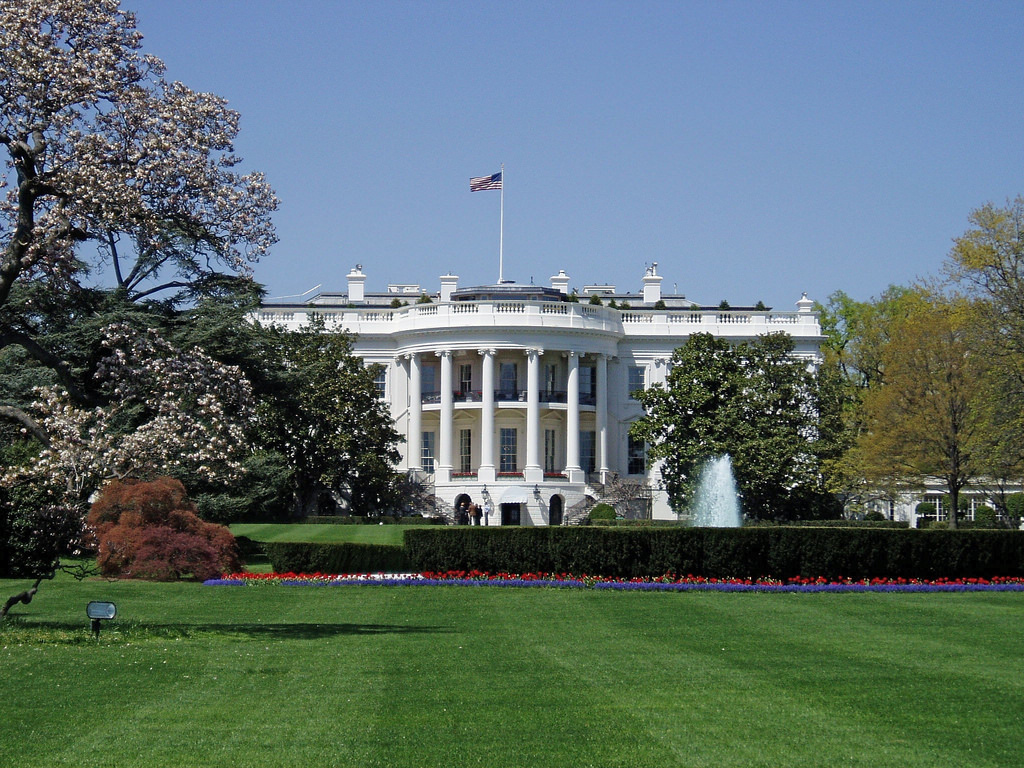Convicted drug dealers would qualify for taxpayer assistance in the form of food stamps, under the provisions of a bill filed by Del. Matthew James (D-Portsmouth).
The measure, introduced as HB1891 in the House of Delegates, would repeal the prohibition on convicted drug dealers receiving assistance under the federal Supplemental Nutrition Assistance Program (SNAP), better known as food stamps.
Under the terms of the federal welfare reform bill signed by President Bill Clinton in 1996, individuals with a felony drug conviction are prohibited from receiving food stamp assistance, unless a state opts-in to allow them to receive benefits.
As Virginia law stands currently, under the federal opt-in, drug felons may receive food stamp assistance, but only if their conviction was for simple possession, and only if they are in full compliance with the provisions of their court-ordered sentence, which may include drug treatment, periodic drug testing, and other provisions imposed by a judge.
In addition to repealing the prohibition applicable to drug dealers, the Democratic lawmaker’s bill would also remove the requirement that drug felons be in compliance with the terms of their sentence, as ordered by the court. As written, the bill would allow offenders to violate the terms of their sentence, such as by skipping treatment, to still receive taxpayer-funded benefits.
Drug overdose deaths continue to be a problem in Virginia, with 1227 fatalities recorded in 2017, up from 1138 the year before, according to data released by state health officials. The sharp rise in fatalities over the last several years has been driven by the ongoing opioid crisis, and in particular, the increasing prevalence of illicit fentanyl, a synthetic opioid more than 50 times stronger than heroin.
In 2017, more Virginians lost their lives to drug overdoses than in automobile accidents or from gun violence, state statistics show.
As of September 2018, over 726,000 Virginians received food stamp assistance, at an annualized cost to taxpayers of over $1 billion.
The bill will be heard during the 2019 legislative session, which convenes in Richmond on Wednesday.





